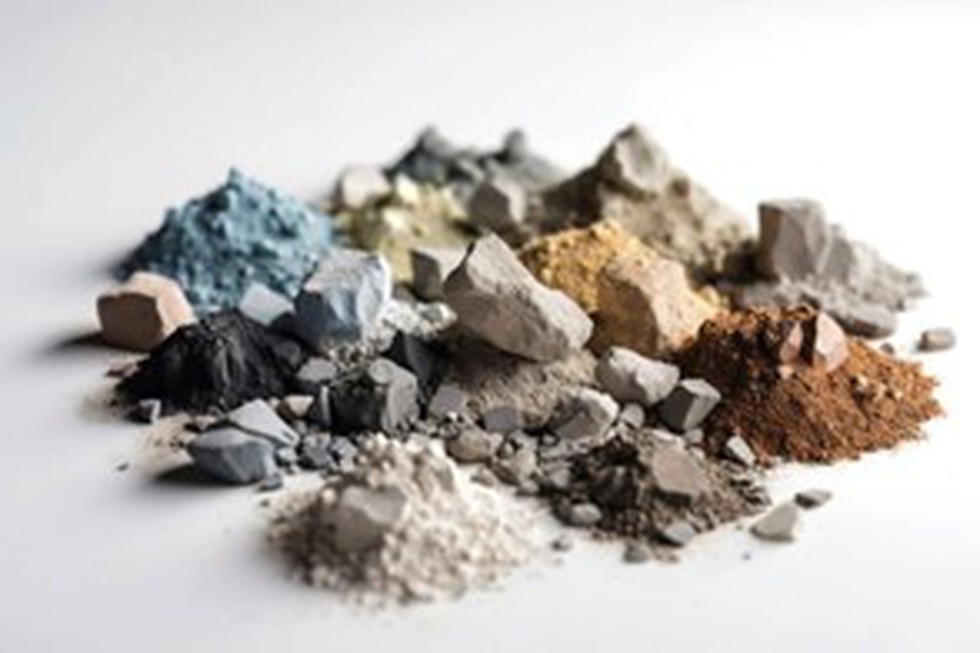About Critical Minerals:
- It is a metallic or non-metallic element that has two characteristics.
- It is essential for the functioning of our modern technologies, economies or national security and
- There is a risk that its supply chains could be disrupted.
- The 'criticality' of minerals changes with time as supply and society's needs shift.
- Applications:
- They are used to manufacture advanced technologies, including mobile phones, computers, fibre-optic cables, semiconductors, banknotes, and defence, aerospace and medical applications.
- Many are used in low-emission technologies, such as electric vehicles, wind turbines, solar panels, and rechargeable batteries.
- Some are also crucial for common products, such as stainless steel and electronics.
- Examples: antimony, beryllium, bismuth, cobalt, copper, gallium, germanium, lithium, vanadium etc.
- Top Producers: Chile, Indonesia, Congo, China, Australia and South Africa.
What is the Mineral Security Partnership?
- It is an ambitious new initiative to bolster critical mineral supply chains, announced by the United States (US) and key partner countries in June 2022.
- The goal of the alliance is to ensure that critical minerals are produced, processed, and recycled in a manner that supports the ability of countries to realise the full economic development benefit of their geological endowments.
- The focus of the grouping would be on the supply chains of minerals such as Cobalt, Nickel, Lithium and also the 17 “rare earth” minerals.
- India was recently inducted into the Mineral Security Partnership (MSP).
